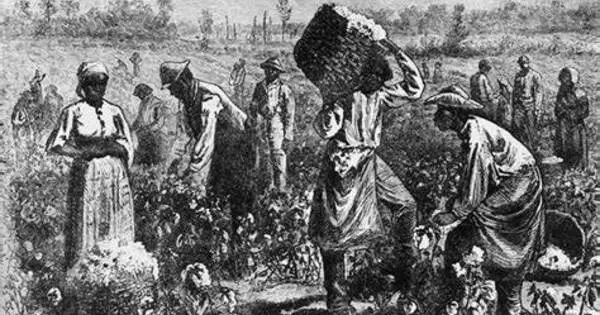“Social degeneration” is commonly used to describe the perceived decline or deterioration of a society’s social, cultural, or moral qualities. In the 18th and 19th centuries, it was a highly popular notion at the intersection of the social and biological sciences. During the 18th century, scientists such as Georges-Louis Leclerc, Comte de Buffon, Johann Friedrich Blumenbach, and Immanuel Kant maintained that humans had a common ancestor but had devolved over time owing to climatic changes.
The word gained popularity in the late nineteenth and early twentieth century, notably in the field of social Darwinism. Social Darwinists extended principles from Charles Darwin’s natural selection theory to human cultures, claiming that some societies were more “fit” or advanced than others. This perspective led to the belief that certain groups or individuals were inherently superior or inferior, contributing to discriminatory practices.
This term is frequently subjective and varies according to cultural, historical, and individual viewpoints. Throughout history, the concept of social degeneration has been debated in numerous situations. This hypothesis explained where humans came from and why some people looked different from others. Degenerationists of the nineteenth century, on the other hand, thought that civilization was in decline and that the causes of decline were biological change. These beliefs arose from pre-scientific notions of heredity (“hereditary taint”), with a Lamarckian emphasis on biological development through purpose and habit.
Degeneration beliefs were frequently coupled with authoritarian political attitudes, such as militarism and scientific racism, as well as an interest in eugenics. The theory arose from racial concepts of ethnicity, which were recorded in the writings of medical doctors such as Johann Blumenbach and Robert Knox. It was significant in psychiatry and criminology beginning in the 1850s, thanks to the writings of Bénédict Morel.
Degeneration became a more widespread idea in social critique by the 1890s, thanks to the work of Max Nordau and others. It also contributed to the notion of ethnic nationalism, attracting individuals such as Maurice Barrès, Charles Maurras, and the Action Française. Alexis Carrel, a French Nobel Laureate in Medicine, justified a eugenics program in collaborationist Vichy France by citing national deterioration.
It is vital to approach concerns of social degeneration critically, acknowledging that assessments of society health and progress are complex and frequently impacted by human prejudices, cultural viewpoints, and historical situations. Furthermore, cultural changes can have both positive and negative consequences, and different people will view them differently.
















